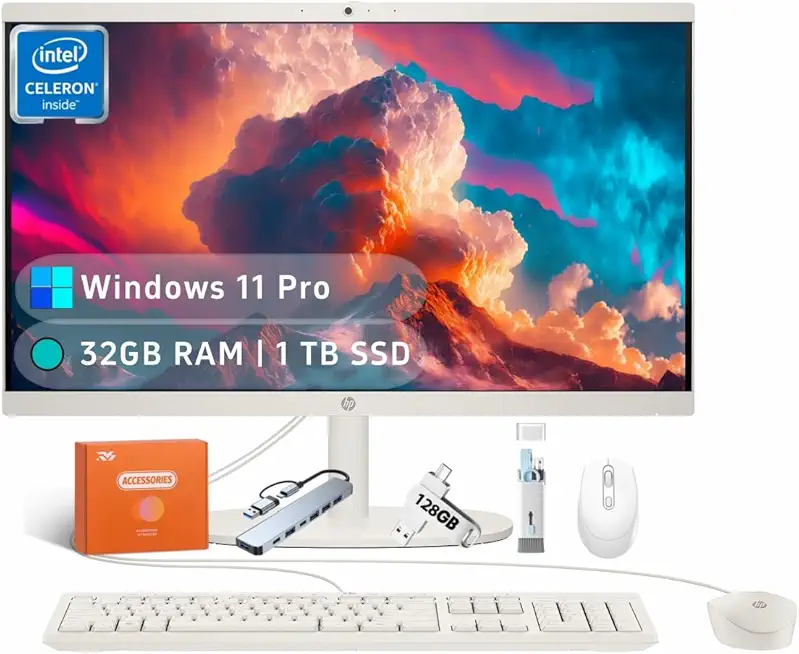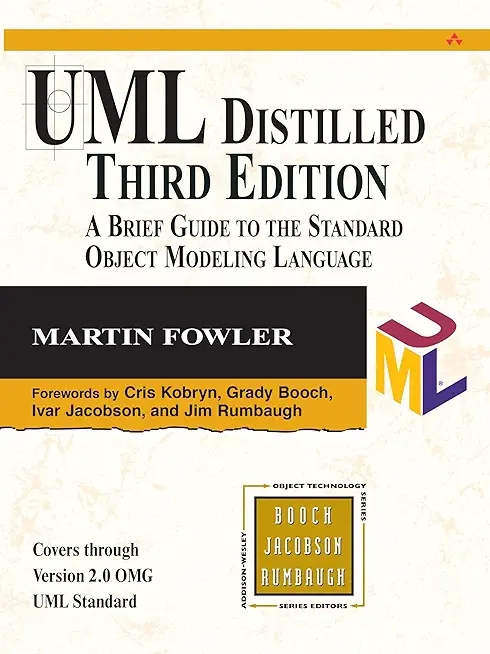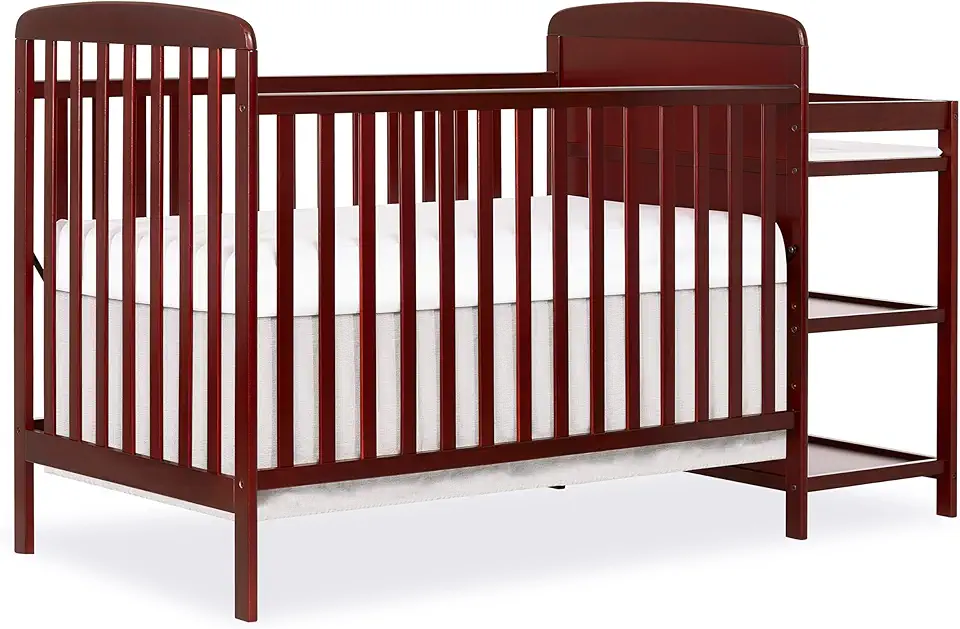Thousands Face Deportation as Trump Ends Temporary Protected Status

When Promises of Safety Fall Apart
Let’s cut to the chase — thousands of immigrants who came to the U. S. fleeing violence and chaos are staring down the barrel of deportation, even though their home countries are still dangerous messes. We’re talking about people who’ve been living under the temporary protected status (TPS) umbrella, which was supposed to be a lifeline when things got too dicey back home. But now, with President Trump back in the White House and his administration doubling down on immigration crackdowns, that lifeline is getting yanked away faster than you can say “due process.”
Here’s what’s wild: the Department of Homeland Security has announced it’s ending TPS for folks from seven out of the 15 countries that were originally protected. Countries like Afghanistan and Haiti — places where violence, political instability, and natural disasters haven’t exactly packed their bags and said “peace out.” DHS claims conditions have improved enough to send people back. Seriously?
That’s like telling a guy standing ankle-deep in a flood, “Hey, the water’s down to your knees now, so go swim home.”
But the reality on the ground looks very different. Afghanistan is still riddled with Taliban crackdowns and civil unrest. Haiti’s dealing with political turmoil and natural disasters that haven’t stopped battering the island nation. Yet, thousands of immigrants face deportation because the U. S. government says, “We’re good here.” Meanwhile, immigration judges are stuck in the middle, forced to follow policies that ignore the real risks these people face. This isn’t just policy — it’s a human crisis. And it raises a tough question: What’s the point of TPS if it can be yanked away based on political winds rather than actual safety?
You know there are people who’ve built entire lives here — jobs, schools, families — and now they’re being told “Sorry, pack your bags.” It’s cold, and honestly, it feels like the administration has forgotten the whole “protect the vulnerable” part of immigration law.
Freedom of Speech Under Fire Across the Globe
While we’re talking about governments deciding who’s safe and who’s not, let’s zoom out a bit and talk about another kind of threat — the one against freedom of expression. Over in Hong Kong, the trial of Jimmy Lai, the media mogul and democracy activist, has dragged on for over 140 days. Lai’s lawyer just laid out a simple but powerful argument: supporting free speech isn’t a crime. But here’s the kicker. Lai faces charges under China’s national security law for things like “colluding with foreign forces” and “sedition.” If convicted, he could spend the rest of his life behind bars. The whole ordeal is a stark reminder of how authoritarian regimes are tightening their grip, not just on borders, but on voices. Supporting democracy, calling out injustice, or even just publishing news that the government doesn’t like — suddenly, that’s a threat to national security. It’s wild to see the parallels here. On one side of the world, you’ve got people being forced out of the U. S. under the pretense their countries are safe, even when they’re not. On the other, a powerful figure in Hong Kong might be locked up for simply standing up for the right to speak freely and question authority. Both stories boil down to one thing: governments deciding who belongs, who deserves protections, and who gets silenced.




What’s Really Going On
So, what’s really going on here?
It feels like power is tightening its grip everywhere — whether it’s the U. S. government deciding who can stay or go, or Beijing deciding who can talk or be heard. And that shouldn’t surprise anyone paying attention. Trump’s return to the White House has brought a familiar hardline stance on immigration, but it’s part of a broader global wave where governments clamp down on dissent and control narratives. The U. S. government’s move to cut TPS protections feels less like policy and more like political theater, aimed at showing toughness, maybe to please a certain base. But here’s the thing: these decisions have real consequences for people’s lives. You don’t just erase protection overnight and pretend there’s nothing to worry about. It’s reckless and downright cruel. Meanwhile, in Hong Kong, the Lai trial underscores how fragile freedom is — especially when governments face pressure to keep control at all costs. The national security law is basically a tool to silence voices that don’t toe the line, and Lai’s case is the poster child for what happens when you challenge the status quo.

The Bottom Line
Look, no one’s saying these issues are simple. You can argue about immigration rules or national security all day. But there’s a line between enforcing laws and turning a blind eye to human rights. That line is getting blurrier by the day. If we want to talk about true safety and security, it’s gotta include protecting people from violence, persecution, and oppression — whether that’s from dangerous home countries or governments that bully their own citizens. And that means not deporting people back into chaos just because it looks better on paper. It means standing up for freedom of speech even when it’s inconvenient or uncomfortable. At the end of the day, these stories are about more than policies — they’re about people fighting to survive, speak up, and hold on to hope. And frankly, if we lose sight of that, what’s the point of all this?